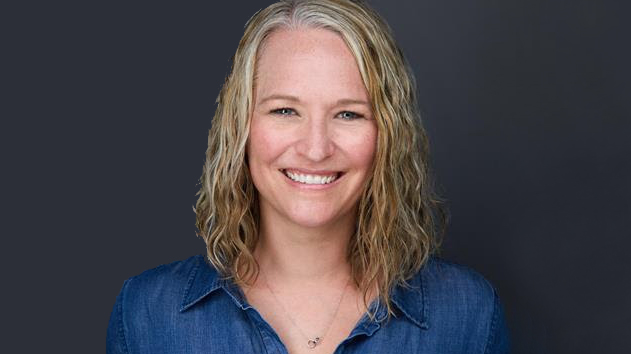Sandy Hodgetts
Looking for new ways to support inclusion and self-determination for children with autism
Occupational therapist (OT) and researcher thrives off motivating students, building relationships with clients.

When Sandy Hodgetts graduated with her master’s degree in occupational therapy, she never dreamed of returning to school to delve even deeper into academia and research. An occupational therapist for children with autism, she loved her clinical work and was passionate about making a difference in the lives of her patients. But her years of work experience had raised questions in her mind about the effectiveness of some of the modalities being employed. And she knew the only way to pursue those questions was through further education.
Hodgetts obtained her PhD in rehabilitation sciences at the University of Alberta in 2009 and went on to a postdoctoral fellowship in pediatrics. She is now an associate professor in the Department of Occupational Therapy, member of the Women and Children’s Health Research Institute and director of the Supporting Kids Inclusion and Participation (S.K.I.P.) Lab. We asked her what she loves most about her work and where she hopes to take her research in the future.
- How did you get into your area of research?
- I worked for years with autistic children and their families, and the techniques at that time were much more remedial focused, looking at intervention modalities that targeted how the kids functioned. I started to question if the claims of effectiveness and theoretical basis for those interventions made sense, which did lead me to come back for a PhD.
- I found that I loved research! So, from there, I went on to a postdoc fellowship and I started to realize that my values didn't align with trying to “fix the kids,” if you will, so I switched the perspective of the research to focus on external factors. I wanted to really focus on the question of how we can support them to do what they both need and want to do.
- What is the most rewarding part about your work?
- The most rewarding part is probably when I see that spark in students (both thesis-track and OT) and I see them thrive.
- Also, the kids. These past two weeks I've been going through some interviews we did with children just before the pandemic and diving into those data in depth, and I really do love engaging children in research. They're very fun, they're very funny, and they say the most random things.
- What do you find most challenging about your work?
- I’ve found that I've learned a lot about qualitative research over the past few years, as some of the methods that we're using for some of our studies are qualitative. This wasn’t part of my background, and finding the time and space to really dive into those data in detail has been really difficult.
- I have a lot of respect for high-quality qualitative research; it is the right method to answer a lot of questions, but in-depth, quality analysis is time consuming.
- Where do you see your research going in the next five to 10 years?
- I think my work will still be focused on strategies to support inclusion and engagement in life decisions for autistic people and their families, and I do hope that it continues in the realm of having a real participatory research program and inclusive lab space.
- A lot of my work is quantitative, so that really answers the “what” question, but it doesn't give any of the nuance. I struggle to think of a study I would do now that would at least be mixed or multiple methods.
- What’s your best advice for grad students?
- My Number 1 piece of advice would be to be passionate about their topic area and project, because if they're not it is going to be a really long, tough slog. And it's still going to be long and tiring at times, but doing graduate studies in an area that they are not passionate about is just way too much of an investment.
- If you could try one profession other than your own, what would it be?
- I’d run a children’s camp. That’s actually how I got to be an OT. I was working on my undergraduate degree in kinesiology when I went and worked at Easter Seals camp one summer. I met other counsellors who were in OT programs and thought, “This is what I want to do.”